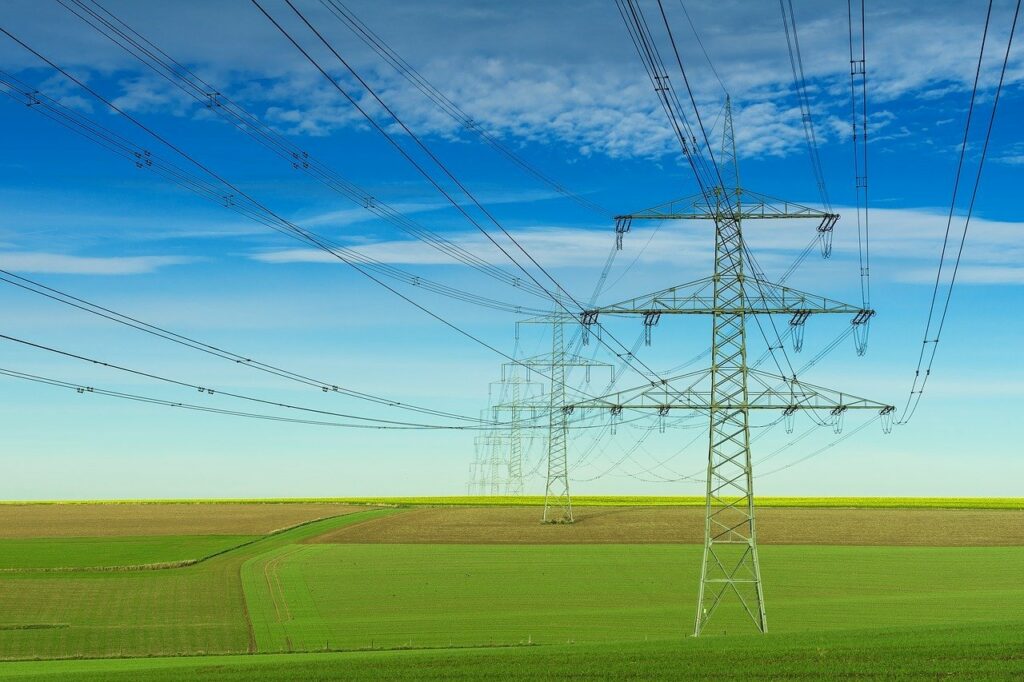On Friday 24 January, Ofgem’s RIIO-2 Challenge Group released its report, looking into the preparations and strategies energy companies have made in the run up to the introduction of the new Revenue = Incentives + Innovation + Outputs (RIIO) price controls.
The report found that, apart from National Grid ESO, no company has been “genuinely proactive in shaping the path to net zero”.
This rather damning critique comes ahead of the deadline, with the new price control for electricity transmission due to take effect in April 2021 and the price control for electricity distribution due to begin in April 2023.
The report focused on electricity transmission, RIIO-T2, along with gas transmission and distribution, from 2021 to 2026. The other side of the price controls, those focused on electricity distribution price control (ED2), Ofgem is consulting on separately.
Originally announced in November 2018, the Challenge Group is made up of a panel of 13 experts who engaged with Ofgem, the Customer Engagement Groups of the gas distribution companies and the User Groups of the transmission companies and the Electricity System Operator (ESO) before producing the report.
The key criticism in the report focuses on the group being unable to find a justified reason for the additional expenditure demanded by companies, which is around 20% higher than that of RIIO-1. This adds £4 billion, even after stripping out variable network demand expenditures.
Additionally, the report says that every company is financeable with Ofgem’s cost of capital working assumptions.
The report follows efforts over the last few years to develop the price controls despite challenges for both Ofgem and the network operators.
In a blog last year, Burns and McDonnell’s Jonathan Chapman and Jeff Casey elaborated:
“While transmission network operators have become astute in managing risk and uncertainty, RIIO-T2 poses additional challenges and uncertainty to future business planning and investment returns.
“The cyclical nature of the regulatory process continues to create boom and bust periods of investment, constraining the supply chain’s ability to invest in and maintain specialised resources at a time when the UK most needs to grow its resource pool.”
Given the challenging nature of establishing RIIO-T2, and the uncertainty it creates, the supposed lack of proactivity seen by the group may cause concern.
The Challenge Group labelled the lack of proactivity as “disappointing”, in particular given the UK’s 2050 net zero target and the transformation needed within the energy sector to meet this.
Disagreement and continued work
However, some have rebuffed the report, with the Energy Networks Association saying: “Network companies have focused on innovation since the beginning of the price control period in 2013 to drive forward the low carbon transition, delivering globally recognised projects that build understanding and develop options for greater decarbonisation.
“Business plans are based on extensive engagement with customers and stakeholders and reflect their priorities. We disagree with some of the report’s conclusions and will keep our focus on working with the regulator and government and stakeholders to deliver the low cost, low carbon energy system the public needs.”
One of the companies discussed in the report is Scottish Hydro Electric Transmission (SHET), which is part of Scottish and Southern Electricity Networks (SSEN).
The company submitted its finalised RIIO-T2 business plan to Ofgem in December, solidifying the five goals it drafted last year.
When asked about the report by Current±, a spokesperson for SSEN said: “Whilst we recognise the Challenge Group has an important role to play in Ofgem’s determination of the next price control period, we are disappointed that its report does not reflect the full extent of our business plan and all associated supporting documents, as the Challenge Group itself has recognised throughout its report.”
SSEN pointed to how the business plan was created following over two years of “extensive” stakeholder engagement, adding that it will deliver a “major shift in ambition and scale of investment” required for net zero at an affordable and efficient cost without compromising the reliability of the network.
“We look forward to continued constructive engagement with all stakeholders as part of the ongoing price control process and as part of this, we would encourage anyone with an interest in the future of the north of Scotland transmission network to contribute to Ofgem’s call for evidence and we also hope to see many of our stakeholders at the Open Hearings in the spring.”
Whilst it came in for some criticism, by far the most prepared according to the report is National Grid ESO.
The operator submitted its Business Plan for the RIIO-2 period to Ofgem in December. It outlined its plans to operate a carbon free, balanced system while lowering consumer bills.
A spokesperson for National Grid ESO said: “We welcome the challenge group’s feedback, and are particularly pleased that the path to net zero and value for consumers – both central to our RIIO-2 business plan – are key amongst the group’s considerations in challenging plans for the next round of price controls.
“We look forward to further engagement with Ofgem and industry stakeholders around these and other matters during the open hearings in spring.”
Ofgem will now consult on Draft Determinations, looking at companies’ business plans in July ahead of Final Determinations in November.
It is running regional public open hearings throughout spring to allow stakeholders to directly challenge these plans, and has called on stakeholders to respond to its call for evidence.





